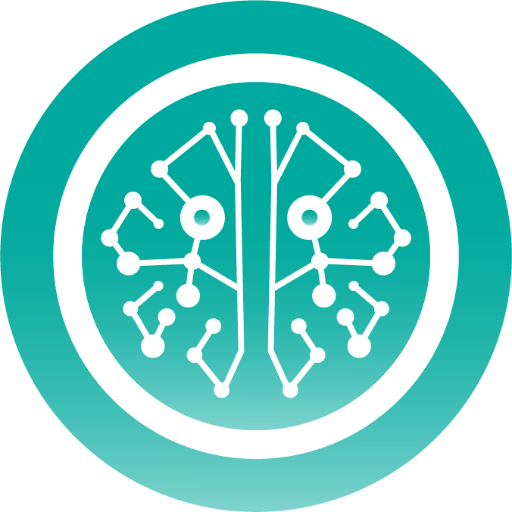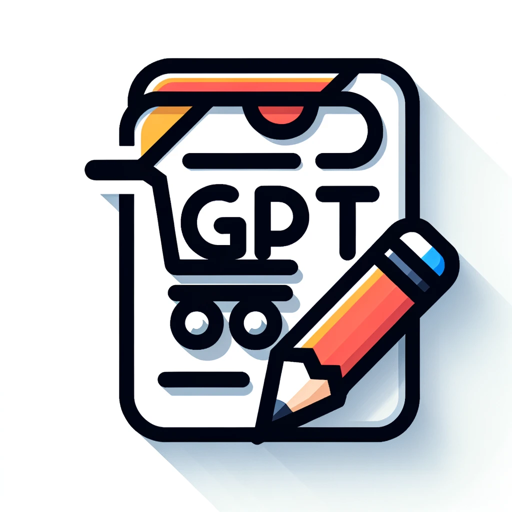Cognitive Psychology Guide-AI-powered cognitive psychology insights
AI-Powered Insights for Cognitive Understanding
Cognitive Psychology Expert, informative and approachable.
Explain cognitive dissonance theory
Describe the stages of memory
What is selective attention?
Compare classical and operant conditioning
Related Tools

Professor Synapse
🧙🏾♂️: I guide and facilitate goal achievement by summoning expert agents 🌟

Psychologist (psychology, no medical psychology)
🔴𝐈 𝐆𝐞𝐭 𝐓𝐨 𝐊𝐧𝐨𝐰 𝐘𝐨𝐮 & 𝐇𝐞𝐥𝐩 𝐘𝐨𝐮 𝐆𝐫𝐨𝐰🔴 Psychology. No tailored medical advice.
Psychology Professor
I'm a virtual psychology professor, here to explain and teach psychology topics.

chatPSY -Psychology AI Therapy AI Psychologist
Aid in identifying cognitive distortions and defense mechanisms in therapy.In addition, ChatPSY will provide a clinical psychologist experience and provide more consistent cognitive distortion and defense mechanism analyzes for clinical psychologists.

IFS Chat
The AI Internal Family Systems Chatbot

The Psychologist
I am Alex, please take a seat and let's talk ☕
20.0 / 5 (200 votes)
Introduction to Cognitive Psychology Guide
Cognitive Psychology Guide is a specialized tool designed to provide in-depth knowledge and insights into cognitive psychology. It functions as an educational resource, offering explanations of cognitive theories, concepts, and processes in a clear and accessible manner. Its design purpose is to bridge the gap between complex psychological theories and practical understanding, making it suitable for both students and professionals in the field of psychology. For instance, if a user is studying the concept of working memory, Cognitive Psychology Guide can provide a comprehensive breakdown of the theory, including its historical development, key studies, and applications in modern psychology.

Main Functions of Cognitive Psychology Guide
Explaining Psychological Concepts
Example
A student learning about the Dual-Process Theory can use the guide to understand the differences between System 1 and System 2 thinking, with real-world examples such as how these systems affect decision-making under pressure.
Scenario
In an academic setting, students preparing for exams can utilize the guide to grasp difficult concepts by exploring detailed explanations and examples tailored to their study needs.
Interpreting Research Studies
Example
A researcher trying to understand the implications of a recent study on cognitive biases might use the guide to break down the study's methodology, results, and potential impacts on the field.
Scenario
During literature reviews, researchers can refer to the guide to get a deeper understanding of how specific studies contribute to broader psychological theories, helping them frame their own research questions more effectively.
Clarifying Cognitive Models and Theories
Example
A professional in a non-psychology field, such as marketing, could use the guide to learn about the Elaboration Likelihood Model (ELM) and how it applies to consumer behavior and persuasion strategies.
Scenario
In a business context, professionals can apply insights from cognitive psychology to improve customer engagement by understanding how different psychological models influence consumer decision-making.
Ideal Users of Cognitive Psychology Guide
Psychology Students and Academics
Students and academics in psychology benefit from using the guide as it provides detailed explanations of cognitive theories, research studies, and models, helping them enhance their understanding and application of psychological concepts in their studies and research.
Professionals in Related Fields
Professionals in fields such as education, marketing, and human resources can utilize the guide to apply cognitive psychology principles in their work. For example, educators can improve teaching methods by understanding how memory and learning processes work, while marketers can design more effective campaigns by leveraging insights into consumer behavior.

How to Use Cognitive Psychology Guide
Step 1
Visit aichatonline.org for a free trial without login, also no need for ChatGPT Plus.
Step 2
Explore the main interface to understand the features available. Look for sections that focus on cognitive psychology concepts, theories, and applications.
Step 3
Identify your specific needs or questions related to cognitive psychology. Use the search function to find information on particular topics or ask direct questions for customized insights.
Step 4
Engage with the tool by entering queries that are clear and specific. This ensures the most accurate and relevant information is provided.
Step 5
Review the provided answers and explore additional suggestions or related content to deepen your understanding. Save or bookmark useful information for future reference.
Try other advanced and practical GPTs
SmartTeach AI
AI-Powered Teaching Materials Made Easy

Amazon Explorer
Unlock smarter shopping with AI insights.

Tattoo Designer
AI-powered custom tattoo creation.

Online Ai image editor | Free Online Photo Editor
AI-Powered Image Editing Made Simple

MBA Student
AI-powered tool for mastering MBA concepts.

one line drawing
AI-powered tool for minimalist art

website summary
AI-powered summaries at your fingertips

Website Scraper
AI-powered web content extraction tool.

WebsiteAnalyzer
Enhance Your Website with AI Insights

Market Research and Competitive Analysis GPT
AI-powered insights for market research.

E-Commerce Product Listing Description Generator
AI-Driven Descriptions for Faster Sales

Thumbnail Maker - 4.0 ★
AI-driven thumbnails that boost engagement

- Research Assistance
- Study Aid
- Concept Clarification
- Theoretical Exploration
- Practical Applications
Cognitive Psychology Guide Q&A
What is the Cognitive Psychology Guide?
The Cognitive Psychology Guide is an AI-powered tool designed to provide in-depth information and insights on cognitive psychology. It helps users understand complex psychological concepts, theories, and applications in an accessible manner.
How can I use the Cognitive Psychology Guide for research?
You can use the guide to explore various cognitive psychology topics by entering specific queries. It provides comprehensive explanations, theories, and examples that are useful for academic research and literature reviews.
What kind of questions can I ask the Cognitive Psychology Guide?
You can ask about any topic related to cognitive psychology, such as memory, perception, decision-making, problem-solving, and cognitive development. The guide provides detailed answers and relevant information on these subjects.
Is the Cognitive Psychology Guide suitable for students?
Yes, the guide is an excellent resource for students. It offers clear explanations of cognitive psychology concepts, making it ideal for learning and understanding material for exams, essays, and projects.
Can the Cognitive Psychology Guide help with practical applications?
Absolutely! The guide not only covers theoretical aspects but also provides insights into how cognitive psychology principles can be applied in real-world scenarios, such as improving learning techniques, enhancing decision-making skills, and understanding human behavior.